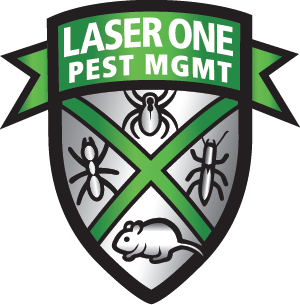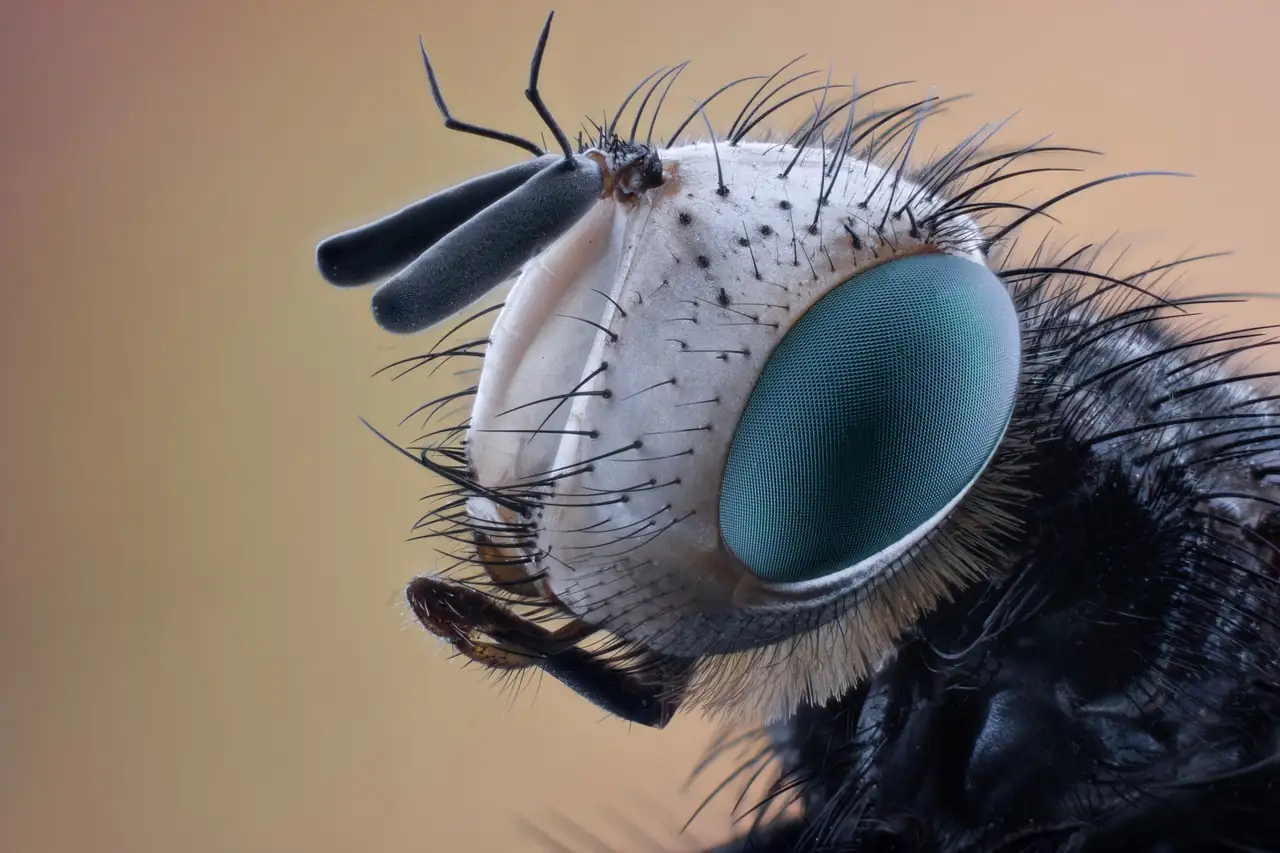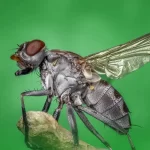Pests are more than just a nuisance in our homes; they can also pose health risks and cause property damage. Understanding the science behind pest control is crucial in effectively managing and preventing pest infestations. By comprehending pest behavior and biology, homeowners can take proactive measures to keep their homes pest-free.
Pest Behavior
Pest behavior is influenced by various factors, including environmental conditions, food availability, and reproductive cycles. Understanding pest behavior can help homeowners identify and address the root causes of infestations.
For example, some pests, such as rodents, are opportunistic and seek shelter and food sources in human dwellings. They may enter homes through small cracks and crevices and can cause damage to structures and electrical wiring. By understanding their behavior, homeowners can take steps to seal entry points, eliminate food sources, and implement effective trapping methods.
Other pests, such as termites, are social insects that live in large colonies and feed on wood. They can cause extensive damage to homes and structures if left unchecked. Understanding their behavior, such as their foraging patterns and nesting habits, can help homeowners detect early signs of termite infestations and take appropriate measures to prevent further damage.
Pest Biology
Understanding pest biology is also critical in developing effective pest control strategies. Pests have unique reproductive cycles, lifecycles, and physiological characteristics that influence their ability to survive and thrive in different environments.
For instance, mosquitoes have a complex lifecycle that includes aquatic stages and aerial adult stages. Understanding their biology can help homeowners identify and eliminate breeding sites, such as standing water, to prevent mosquito populations from multiplying.
Similarly, cockroaches have a resilient biology that enables them to survive in various conditions, including hiding in cracks and crevices during the day and emerging at night to forage for food. Knowing their biology can help homeowners implement targeted treatments, such as baits and insecticides, to effectively control cockroach populations.
Importance of Professional Pest Control
While understanding pest behavior and biology is essential, pest control can be complex and challenging. DIY methods may not always be effective in eliminating pests entirely, and some may even be harmful to human health or the environment.
That’s why it’s crucial to seek professional pest control services from reputable companies like Laser One Pest Management. Trained and certified technicians have in-depth knowledge of pest behavior, biology, and the most effective and safe pest control methods. They can conduct thorough inspections, develop customized treatment plans, and provide ongoing monitoring and maintenance to ensure long-term pest control success.
Conclusion
In conclusion, understanding the science behind pest control is crucial in effectively managing and preventing pest infestations. By comprehending pest behavior and biology, homeowners can take proactive measures to prevent pests from invading their homes. However, for the most effective and safe pest control, it’s recommended to seek professional assistance from reputable pest control companies like Laser One Pest Management. Don’t let pests take over your home – invest in science-based pest control solutions to protect your home and loved ones.



